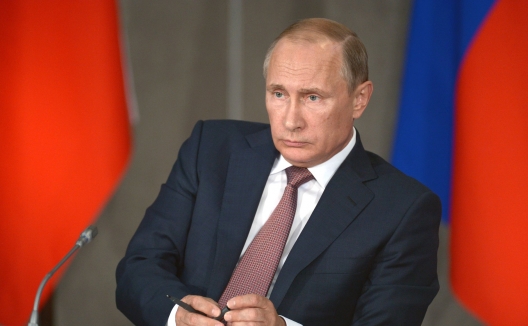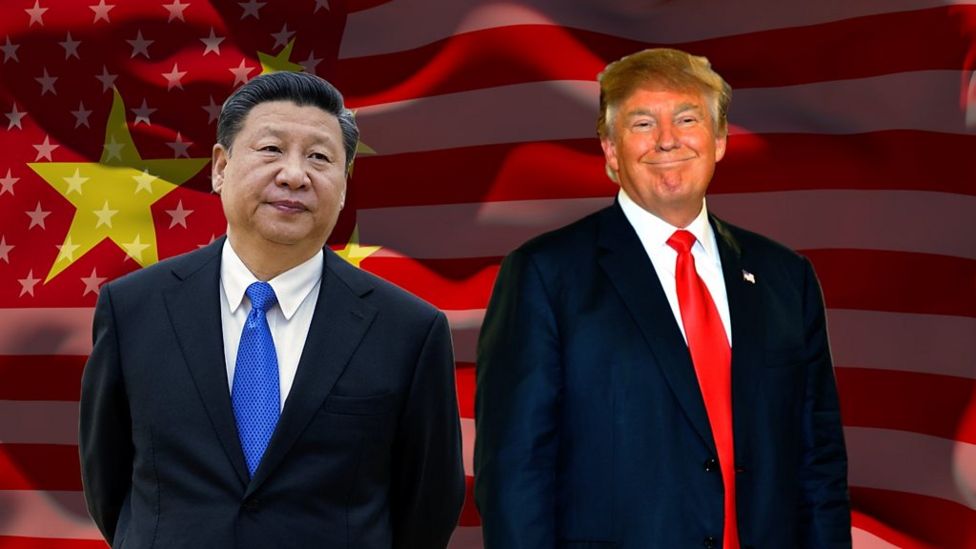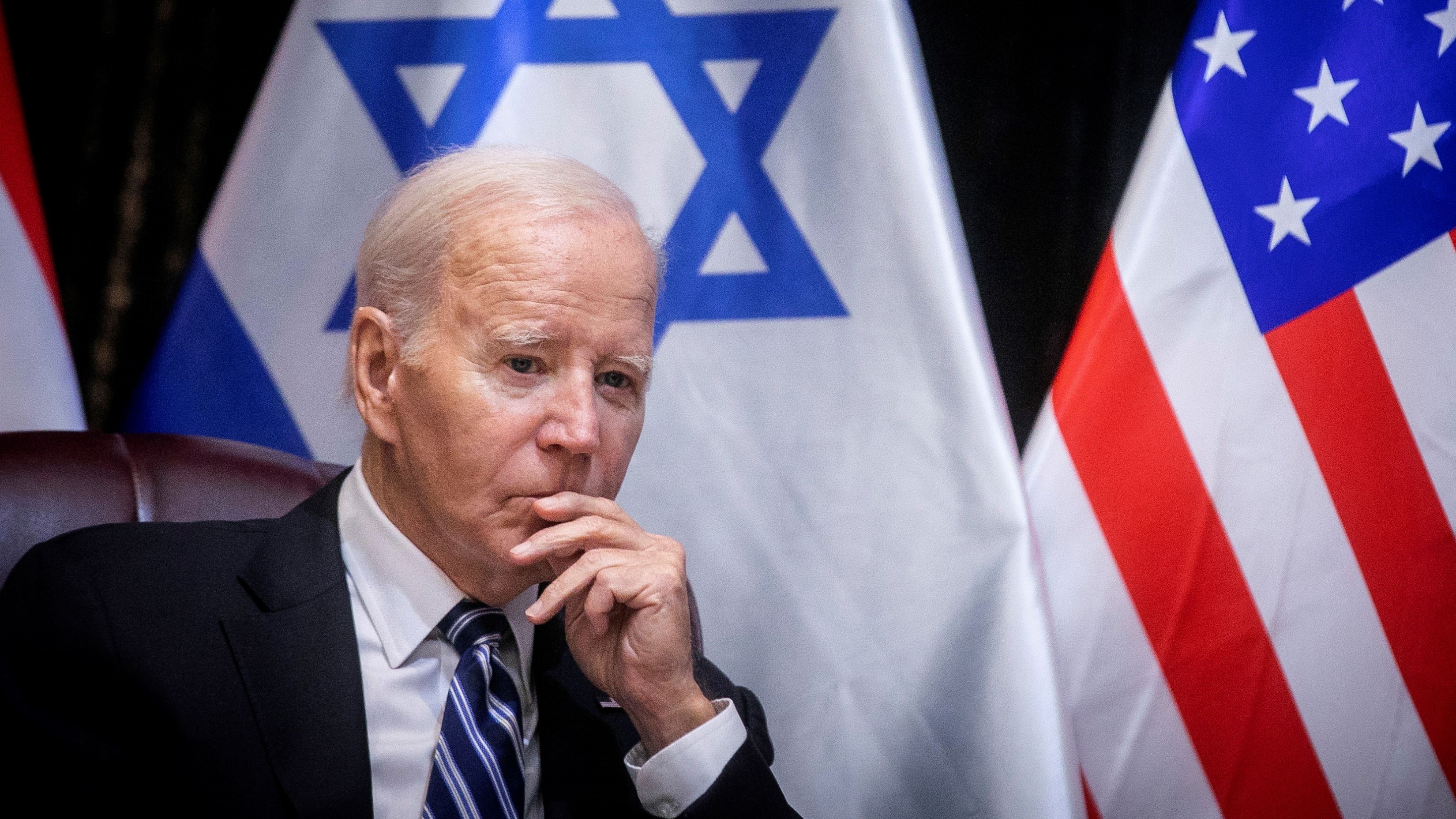The Collapse Of Russia's Peace Talks: Putin's Diplomatic Miscalculation

Table of Contents
Underestimating International Pressure and Western Unity
Russia significantly underestimated the unified and resolute response of Western nations to its aggression in Ukraine. This miscalculation proved to be a major factor in the collapse of peace talks. The international community presented a united front, employing a multi-pronged approach that included crippling sanctions, substantial military aid to Ukraine, and widespread diplomatic isolation of Russia.
-
The strength and persistence of NATO's support for Ukraine: NATO's unwavering commitment to providing military and financial assistance to Ukraine significantly bolstered its defense capabilities and prolonged the conflict, directly impacting the leverage Russia could exert in negotiations. This consistent support undermined Russia's initial assumptions about a swift victory and a weakened Ukrainian resistance.
-
The effectiveness of international sanctions in crippling the Russian economy: The comprehensive sanctions imposed by Western countries targeted key sectors of the Russian economy, severely impacting its financial stability and ability to sustain a prolonged military campaign. This economic pressure diminished Russia's capacity to offer concessions or maintain its aggressive stance during negotiations. The effectiveness of these sanctions is a subject of ongoing debate, but their impact on Russia's negotiating position is undeniable.
-
The global condemnation of Russia's actions on international platforms: The overwhelming international condemnation of Russia's actions in the United Nations and other international forums created a strong moral and political pressure against Russia, isolating it diplomatically and further hindering any chances for successful peace negotiations. This international isolation reduced Russia's ability to portray its actions as legitimate or garner support for its negotiating positions.
-
The impact of information warfare and the exposure of Russian disinformation campaigns: The West's successful counter-measures to Russian disinformation campaigns helped to expose the Kremlin's propaganda and maintain international support for Ukraine. This countered Russia's attempts to manipulate the narrative and shape international opinion in its favor, further weakening its negotiating position.
Internal Divisions and Lack of Credibility within Russia's Negotiating Team
Internal disagreements within the Kremlin regarding negotiation strategy and a lack of clear, consistent messaging from the Russian government significantly hampered the peace talks. The absence of a unified and credible negotiating position undermined Russia's credibility and eroded trust with its counterparts.
-
Conflicting statements from different Russian officials on negotiation terms: Publicly contradictory statements from different Russian officials on key negotiation issues created confusion and distrust, undermining the credibility of Russia's negotiating stance and signaling internal divisions within the Kremlin. This lack of internal coherence significantly damaged Russia's ability to negotiate effectively.
-
Evidence of internal power struggles affecting the negotiation process: Reports of internal power struggles within the Russian government suggest that competing factions influenced Putin's decision-making process, leading to inconsistent and ultimately ineffective negotiation strategies. This internal political maneuvering negatively impacted the coherence and effectiveness of Russia's negotiating approach.
-
The impact of hardline factions within the Russian government influencing Putin's decisions: The influence of hardline factions within the Russian government likely contributed to the adoption of unrealistic and uncompromising negotiating positions, further hindering the peace process. These factions may have prioritized military objectives over diplomatic solutions, prioritizing escalation over negotiation.
-
The lack of transparency and trust surrounding Russia's negotiating positions: The lack of transparency and perceived bad faith surrounding Russia's negotiating positions eroded trust with its counterparts, making meaningful dialogue virtually impossible. This lack of transparency fueled skepticism and undermined the potential for mutually acceptable compromises.
Missed Opportunities and Unrealistic Demands
Russia missed several opportunities for compromise and made demands perceived as unacceptable by Ukraine and its international allies. These unrealistic demands and missed opportunities significantly contributed to the failure of the peace talks.
-
Examples of overly ambitious and unrealistic demands made by Russia: Russia's demands, often perceived as territorial grabs and infringements on Ukrainian sovereignty, were fundamentally unacceptable to Ukraine and its allies. These demands showed a lack of willingness to compromise and a disregard for Ukraine's legitimate security concerns.
-
Missed opportunities for de-escalation and confidence-building measures: Russia repeatedly missed opportunities for de-escalation and confidence-building measures that could have paved the way for more productive negotiations. This rejection of incremental progress suggests a lack of commitment to a peaceful resolution.
-
The rejection of compromise proposals offered by international mediators: The rejection of compromise proposals offered by international mediators demonstrated a lack of willingness to engage in good-faith negotiations and a preference for maintaining an aggressive posture. This rejection undermined the role of international actors and hampered the peace process.
-
The failure to address the core concerns of Ukraine regarding sovereignty and territorial integrity: Russia's failure to address Ukraine's fundamental concerns regarding its sovereignty and territorial integrity was a major obstacle to successful peace negotiations. This fundamental lack of respect for Ukraine's sovereignty made any compromise extremely difficult.
The Escalatory Rhetoric and Military Actions Undermining Negotiations
Russia's escalating rhetoric and continued military actions actively undermined any potential for successful peace talks. This aggressive approach created an atmosphere of distrust and hostility, making productive dialogue virtually impossible.
-
Analysis of specific instances of inflammatory statements made by Russian officials: Numerous inflammatory statements made by Russian officials created an atmosphere of animosity and distrust, undermining the potential for constructive engagement. These statements fueled tensions and made compromise increasingly difficult.
-
The impact of continued military offensives on the trust and willingness to negotiate: The continuation of military offensives by Russia demonstrated a lack of commitment to a peaceful resolution and eroded trust with its counterparts, making negotiations almost impossible. The ongoing conflict created an environment of heightened mistrust and animosity, making any meaningful dialogue exceedingly difficult.
-
The role of propaganda and disinformation in shaping public opinion and hindering dialogue: Russia's use of propaganda and disinformation campaigns aimed to shape international public opinion and hinder constructive dialogue. These efforts served to further polarize the situation and make a peaceful resolution less attainable.
-
The effect of military setbacks on Russia's negotiating power: Russia's military setbacks on the battlefield likely weakened its negotiating position and made it less likely to engage in compromise. These setbacks may have emboldened more hardline factions within the Kremlin and lessened the incentive for compromise.
Conclusion
The collapse of Russia's peace talks reflects a significant miscalculation by Putin. The underestimation of international unity, internal divisions, unrealistic demands, and the escalation of military actions all contributed to the failure of these negotiations. Understanding the dynamics that led to this outcome is crucial for predicting future developments and for shaping international strategies to address the ongoing conflict. The future of Russia's peace talks hinges on a fundamental shift in approach, requiring a realistic assessment of the situation and a commitment to genuine dialogue. To learn more about the complexities of this critical situation, further research into the dynamics of Russia's peace talks is strongly encouraged.

Featured Posts
-
 Unlock The Nyt Mini Crossword March 6 2025 Answers
May 18, 2025
Unlock The Nyt Mini Crossword March 6 2025 Answers
May 18, 2025 -
 Kardashian Censori And The Kanye West Fallout An Analysis
May 18, 2025
Kardashian Censori And The Kanye West Fallout An Analysis
May 18, 2025 -
 New Pope New Era West Palm Beach Students Share Their Visions For The Catholic Church
May 18, 2025
New Pope New Era West Palm Beach Students Share Their Visions For The Catholic Church
May 18, 2025 -
 Trump Says He D Visit China To Meet With Xi Jinping
May 18, 2025
Trump Says He D Visit China To Meet With Xi Jinping
May 18, 2025 -
 Evaluating The Outcomes Of Trumps Middle East Trip Winners And Losers
May 18, 2025
Evaluating The Outcomes Of Trumps Middle East Trip Winners And Losers
May 18, 2025
